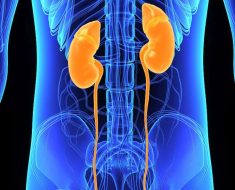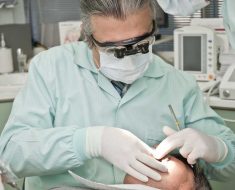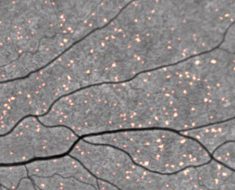What do a young woman who is routinely body-shamed for her size, an Australian senator who spoke publicly about her experience of being poor, a standover man from the Melbourne underworld and a woman who embezzled $2 million from her employer have in common? What about the son of a father who killed himself, the female victim of sexual assault and the schoolboy groomed and seduced by a charismatic priest – what do they share?
Shame. Whether they were the victim or the perpetrator (and if we are completely honest, we’ve all been both to some degree) they have struggled with their shame.
Every time Jane Caro has told her story its power over her has lessened.
Everyone has felt shame at some point in their lives and many of us – maybe most of us – struggle with it on a daily basis. Yes, me too. I kept a shameful memory hidden for 40 years until I came out in spectacular fashion by including the incident in a book I edited about women and shame. I went on to talk about my experience of being on the receiving end of inappropriate sexual behaviour by a doctor in articles (as I am doing again now) on TV and in myriad radio interviews. Now, I have created and presented a two-part series about shame for the ABC TV program Compass. Talk about opening the floodgates!
However, every time I have told the story its power over me has lessened, and that’s why the program is called The Upside of Shame.
As I discovered, the upside of this corrosive emotion is real. As I travelled around Australia interviewing the people featured in the program, it became clear that all of them had once dreaded their secret being exposed and their shame revealed. But, like me, they have found that it is by facing, naming and speaking up about our darkest secrets that they lose their potency.
Sexual abuse survivor John Ellis.
Not all of the people I spoke to owned up of their own accord. Kerry Tucker was arrested at the gym in front of onlookers, and endured screaming headlines and the toxic shame of her court case after she pulled off one of the largest embezzlements ever perpetrated by a woman in Victoria. She spent seven years in jail and now works to improve the lives of women in prison. James Harding began to feel compassion for the men he was employed to intimidate and realised he had to get clean from the drugs he was using to numb his senses if he was going to stay out of jail. Adult John Ellis took his boyhood sexual confusion and experiences at the hands of a paedophile priest and used them to help get the Royal Commission into Institutional Responses into Child Sexual Abuse up and running. Zac Seidler turned his father’s tragic death into the impetus behind a career as a psychologist specialising in toxic masculinity. And Jacqui Lambie is hoping to once again represent the marginalised if she wins re-election.
Something else I explored on my fascinating – and confronting – journey through shame was whether it is any different for men and women. Does shame feel different? Is it triggered by different things? And do men and women deal with the emotion differently? I didn’t get definitive answers (six people is too small a sample) but I did get an inkling that we are more similar than we know.
Musician Billie McCarthy is often body shamed.
Both men and women felt shame when they failed to live up to the expectations of their gender. Stereotyping has real power, it seems. Body-shaming women who are larger than life, as the chanteuse Billie McCarthy explains, seems to be about being "too big" literally and metaphorically. To be appropriately feminine is to be diminutive, small-of-voice, size and personality. To be a woman who is large of size, loud of mouth, strong of opinion and fond of attention is to take up too much space, leaving you vulnerable to rejection and insult.
For Harding, on the other hand, it was the moment he failed to "man up" and protect a friend that led him to create and hide behind the brutal, hyper-masculine persona of "The Hammer". Both Lambie and Tucker felt most vulnerable as mothers, nursing shame about their failure to adequately – in their eyes – nurture.
For me, I wondered what it was I’d done that had led a doctor to cross the line. Why had I let myself become a victim? Wasn’t it my job as a woman to control male behaviour?
In every case, it seems, it was our own harsh judgments of ourselves, our perceived failure to live up to self-imposed standards, our belief that in some way we failed to act as a woman or a man should, that led to each of us carrying a silent burden of shame. Once we broke that silence, we smashed that shame.
I hope the brave and honest participants in this documentary encourage others to let go of shame. The lesson for me was that we are all fine just the way we are, in our flawed, vulnerable, human glory.
Jane Caro is an author, columnist and documentary maker. Compass: Upside of Shame airs on Saturday September 22 at 6pm on ABC TV.
Source: Read Full Article







